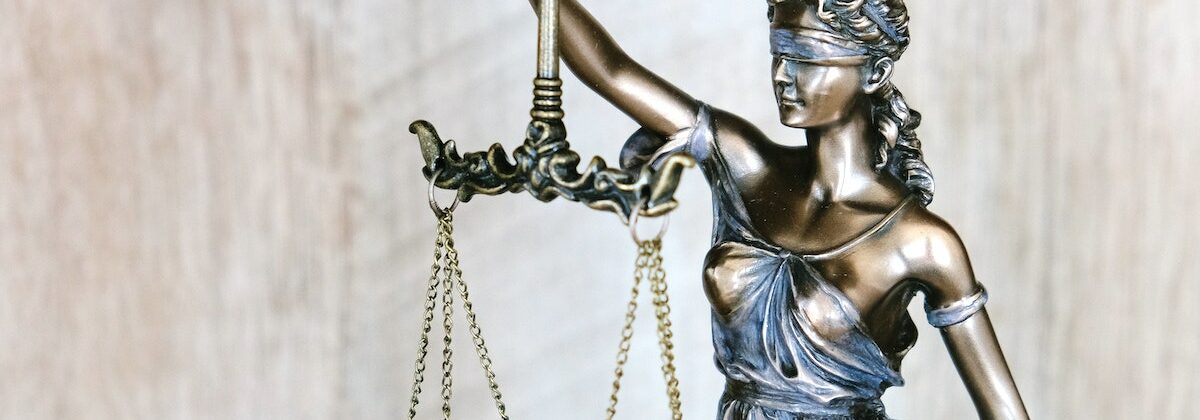Did the Supreme Court just establish a religion by issuing its opinion in the Kennedy v Bremerton School District case? Did the Supreme Court establish Christianity as a religion to exclude all others? What happened to the separation of Church and State?
Maybe you see the need for a civics lesson with all the rumors about the Coach Kennedy case flying around. I sure do. Let’s look at parts of the SCOTUS opinion that lend themselves to civics and answer some of the rumors and fears we are hearing.
First, you’ll recall that Coach Kennedy “lost his job as a high school football coach in the Bremerton School District after he knelt at midfield after games to offer a quiet personal prayer. Mr. Kennedy sued in Federal Court, alleging that the District’s actions violated the First Amendment’s Free Speech and Free Exercise Clauses. He also moved for a preliminary injunction requiring the District to reinstate him.” (This is taken from the Syllabus of Kennedy v Bremerton School District, p.1)
So, the District did not like the religious character of Kennedy’s actions and prohibited them. “The District explained that it could not allow an on-duty employee to engage in religious conduct even though it allowed other on-duty employees to engage in personal secular conduct. . . The District thus conceded that its policies were neither neutral nor generally applicable.” (Syllabus, p. 2)
America has come to believe the falsehood that any public expression of the Christian religion is a violation of the First Amendment. Any similar conduct from different religious or secular groups is considered ok as long as they are not uniquely “Christian.”
Civics lesson 1: There is no separation of Church and State in our founding American documents. Our Founders believed the State should support the Church’s efforts to train citizens in good morals. However, church affiliation or attendance was never to be a national requirement for citizens. Nor could the State prohibit anyone from freely exercising their faith.
Isn’t a Coach in a public high school a government employee?
“Simply put: Mr. Kennedy’s prayers did not “ow[e their] existence” to Mr. Kennedy’s responsibilities as a public employee.” Also, “That Mr. Kennedy used available time to pray does not transform his speech into government speech.” (Syllabus, p. 3)
What if Muslims, Sikhs, Buddhists, etc., wish to exercise their faith as Coach Kennedy did? Can they be fired? Answer: No, they cannot be fired for doing as Kennedy did. All things being equal to this case, free expression is afforded to every American.
Civics lesson 2: The Court deals only with the case in front of it. Americans want to bring in all matters of fear that extend beyond the case. The Court is supposed to be objective. It does not cater to the Justices’ feelings or public opinion. It looks at facts, precedent, and above all, the original intent of the U.S. Constitution. Americans tend to hear something that strikes fear in them. Then, without reading the case or examining the facts, they jump to conclusions while failing to learn the specifics of the Court’s decision.
Civics lesson 3: The Bremerton District wanted Coach Kennedy’s First Amendment rights to religious exercise and free speech to yield to the “Lemon Test.” (Syllabus, p. 4) We briefly cover the Lemon test in my adult Constitution classes. This test was an invention of the Court in the early 1970s to define “Church” as any religious activity vs. denominational preference (does the activity have a secular purpose, does it advance or inhibit religion, etc.) I teach that the Court sets itself up as divine when it gives a religious test and determines who passes or fails the test. Here’s what Justice Antonin Scalia said about the Lemon Test: “When we wish to strike down a practice it forbids, we invoke (the test). When we wish to uphold a practice it forbids, we ignore it entirely.”
In Kennedy v Bremerton, here’s what the Court said about the Lemon Test: “In place of Lemon and the endorsement test, this Court has instructed that the Establishment Clause must be interpreted by “‘reference to historical practices and understandings.’”
Learning the civics behind the Supreme Court opinions is essential if we wish to avoid the fallout from highly charged rhetoric.
This is Common Sense Civics and Citizenship. 🇺🇸

